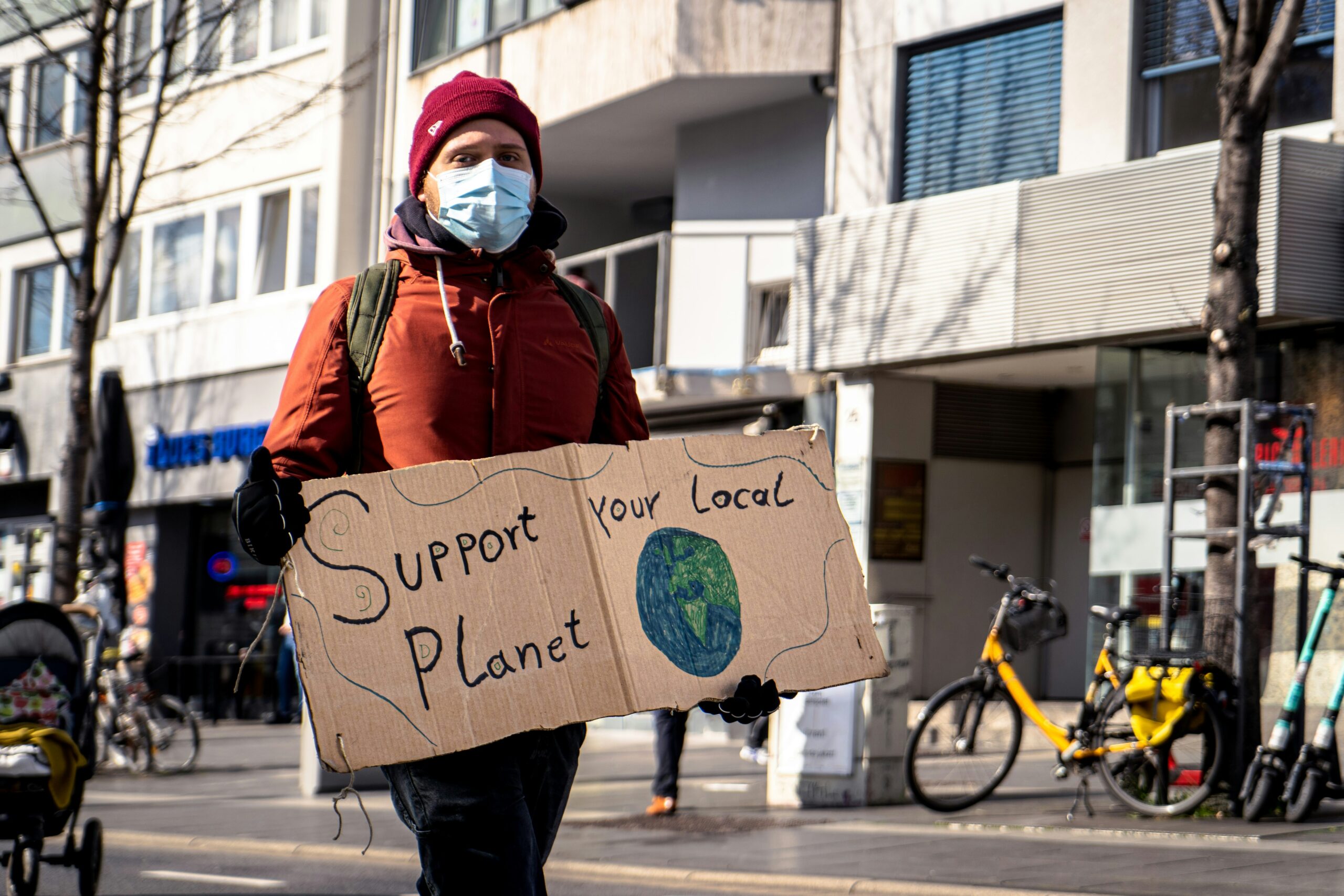
Philanthropy has always played a crucial role in driving social change. However, in recent years, philanthropists have increasingly focused their attention on one of the most pressing global challenges of our time: climate change. The severity of climate impacts—rising temperatures, extreme weather events, and shifting ecosystems—has pushed many wealthy individuals and foundations to take action. This blog examines how philanthropists are making a significant impact in addressing climate change and why their contributions are crucial for the planet’s future.
The Growing Urgency of Climate Action
Climate change is no longer a distant concern. It is a present-day reality with wide-reaching consequences. From devastating wildfires in Australia to extreme floods in Pakistan, the signs of climate change are impossible to ignore. Scientists warn that the window for meaningful action is closing fast. Without immediate intervention, the planet will experience even more severe disruptions to ecosystems, food security, and human livelihoods.
In response to this looming crisis, philanthropists have intensified their efforts to address climate change. They are utilizing their resources, influence, and networks to support innovative solutions, promote sustainable practices, and advocate for policy changes that can safeguard the planet’s future.
Investing in Renewable Energy
One of the most effective ways philanthropists are addressing climate change is by investing in renewable energy. Fossil fuels are the primary drivers of greenhouse gas emissions, which contribute to global warming. By supporting clean energy solutions, philanthropists can help reduce their carbon footprints and contribute to a more sustainable future for the world.
Many philanthropists are funding research and development into new renewable technologies, such as solar, wind, and hydrogen power. Some have even invested in large-scale renewable energy projects, which provide clean electricity to entire communities or nations. This kind of investment not only addresses climate change but also promotes energy independence and creates jobs in the green economy.
Promoting Conservation Efforts
Another critical area where philanthropists are making an impact is conservation. Protecting natural ecosystems, such as forests, oceans, and wetlands, plays a crucial role in mitigating climate change. These ecosystems act as carbon sinks, absorbing and storing large amounts of carbon dioxide. However, deforestation, land degradation, and pollution threaten these vital resources.
Philanthropists are investing in initiatives that aim to protect and restore the world’s most valuable ecosystems. For example, significant conservation funds are being utilized to support reforestation projects, safeguard wildlife habitats, and promote sustainable agricultural practices. These efforts not only help sequester carbon but also preserve biodiversity and strengthen communities that rely on healthy ecosystems for their livelihoods.
Supporting Climate Policy Advocacy
While grassroots efforts and technological advancements are essential, they cannot address climate change on their own. Philanthropists are also focusing on shaping the policy landscape. Many climate-focused philanthropists believe that the key to large-scale, systemic change lies in government action. This includes advocating for stronger environmental policies, more effective climate regulations, and international climate agreements.
Philanthropists are funding organizations that advocate for climate action at the local, national, and international levels. These groups work to influence government decisions, promote climate-friendly policies, and hold corporations accountable for their environmental impacts. In addition, some philanthropists directly engage with policymakers, offering their expertise and resources to drive climate action.
Funding Climate Justice Initiatives
As the effects of climate change disproportionately affect vulnerable communities, there is an increasing focus on climate justice. This concept highlights the need to address the social and economic inequalities exacerbated by climate-related impacts. Many impoverished communities, particularly in developing countries, are at the forefront of climate change. They experience the harshest consequences, such as droughts, floods, and displacement, yet often lack the resources to adapt.
Philanthropists are increasingly funding climate justice initiatives that address the specific needs of these communities. This includes supporting resilience-building projects, such as clean water initiatives, disaster preparedness programs, and sustainable agriculture efforts. By empowering marginalized communities to adapt to climate change, philanthropists are ensuring that climate action benefits everyone, not just the wealthy.
Encouraging Corporate Responsibility
In addition to supporting policy change, philanthropists are pressuring companies to adopt more sustainable practices. The private sector is a key contributor to climate change through its production processes, supply chains, and energy consumption. As consumers become more environmentally conscious, corporations are under increasing pressure to reduce their carbon footprints.
Philanthropists are using their influence to encourage companies to take climate change seriously. They are funding initiatives that hold corporations accountable for their environmental impact, such as transparency programs, carbon reporting standards, and sustainable supply chain certifications. Furthermore, philanthropists are supporting businesses that prioritize sustainability and invest in green technologies.
Building Public Awareness
Public awareness and education are essential for driving change. If individuals understand the urgency of climate change, they are more likely to take action in their own lives and advocate for broader change. Philanthropists are investing in campaigns aimed at raising awareness about climate change and its impacts. These campaigns help to shift public perception, educate the masses, and inspire action at all levels.
Media outlets, documentaries, and social media platforms are all being utilized to disseminate messages about the importance of addressing climate change. Philanthropists often fund these initiatives, ensuring that climate change remains a top priority in public discussions. By supporting education, they are empowering individuals to make informed decisions about their environmental impact.
While climate change is a daunting challenge, the actions of philanthropists are offering hope. By supporting innovative solutions and pushing for systemic changes, they are helping to create a more sustainable future for generations to come. As we move forward, philanthropists must continue to use their influence, resources, and networks to drive climate action on a global scale. Their efforts can make a profound difference in the fight against climate change.